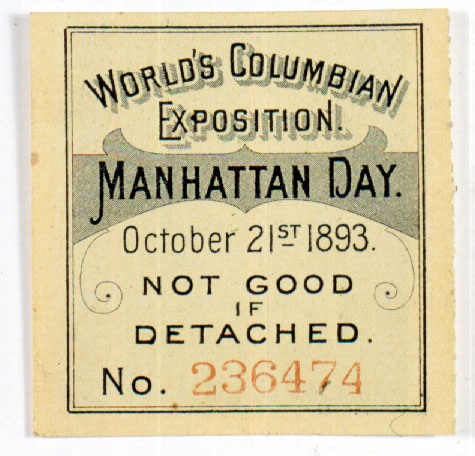A good summary from the Telegraph of challenges retailers face in these hard times on fraud on vouchers and coupons, ones that were previously not a big problem.
In July, a Cambridgeshire couple, Nigel and Penny Ward, pleaded guilty to reusing their Tesco Clubcard vouchers dozens of times to obtain almost £1100 worth of free groceries.
In what believed to be the first prosecution for voucher fraud, the couple, who claimed they had fallen on hard times due to illness, were sentenced to a 12-month community order and ordered to pay £250 each in compensation to Tesco.
Sylvia Rook, from Trading Standards Institute, a consumer group, said: "If the consumer has deliberately ignored the terms and conditions or misused a voucher in order to obtain goods, or cause loss to the retailer, then the consumer could potentially be defrauding the retailer, and could be prosecuted for fraud."
Of course retailers need to take precautions within their systems and processes.
Online validation - making coupons and vouchers one-use, through on-line validation is one of the safest ways to implement them. Systems are similar to credit card messages where the coupon is validated against a central system in seconds.
Self Checkout - self checkout is often a weak spot for coupons and vouchers. Retailers need to ensure that if coupons/vouchers are accepted that either the self-checkout validates them or the attendant does.
Staff Collusion - Coupons/vouchers offer opportunities for staff collusion. This may be from helpful staff pointing out to customers vouchers/coupons that they have missed, to more damaging actions like choosing not to validate the voucher/coupon relates to an item that has been sold. Retailers may not lose out to this, but if a manufacturer is supporting the discount they want their product to be sold.


Post a Comment